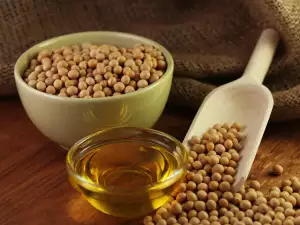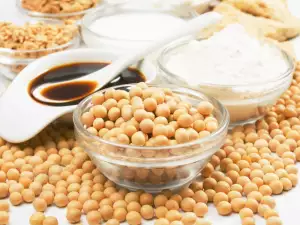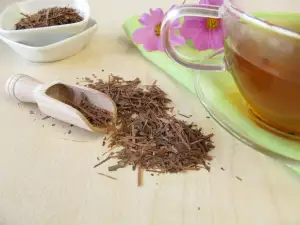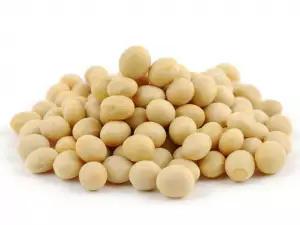Soya is one of the few plant foods that are seen as a sufficient substitute for meat. It is a source of proteins and amino acids. According to some experts, it fights bad cholesterol and decreases the risk of cardiovascular diseases. From this point of view, one would think that Soya is quite healthy, and the products made from it, practically a must.
However, this is far from the actual truth. A recent study by Memorial Sloan Kettering Cancer Center has shown that soy products help spread cancer cells.
The center examined the condition of 140 women. They were diagnosed with stage 1-2 breast cancer and 2 weeks later were scheduled to undergo a mastectomy or lumpectomy.
Half of the women took soy proteins, while the rest took a placebo. They continued taking them between 7 and 13 days before the procedure for removing the cancer tumors.
The experts assessed the cancerous samples before and after the operations. They discovered that in the examined tissues, there were variations in the distribution of the genes related to cell development. Undesirable consequences were seen in the patients who took soy.

The conducted experiment proves that soy products can hasten cancer development and its spread. Unfortunately, it still hasn't been made clear whether this process can be stopped.
Truth be told, scientists have long been talking about the dark side of soy products. Quite a few have stated that the phytic acid, contained in soya, which is also a natural plant substance, prevents the absorption of calcium, magnesium and iron, which leads to osteoporosis.
According to Dr. Mark Messina, the consumption of soy in adulthood is not at all healthy for people. The expert also categorically denies the claim that the consumption of soy can have a positive effect in breast cancer patients.
Another down side to soy products is that nowadays most of them are made from GMO soy. Scientists have already proven that these types of plants have high levels of pesticide contamination.
That is why most experts recommend limiting the use of soy products. If we eat soy in minimal quantities and if we are completely sure that the seeds have not been genetically modified, there shouldn't be any problems.



















Comments